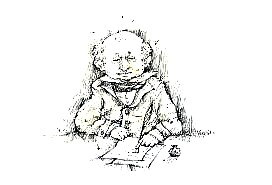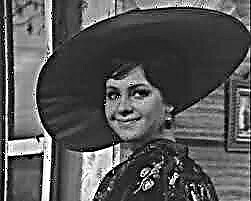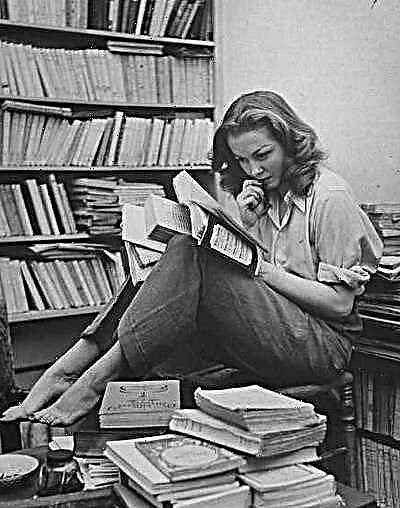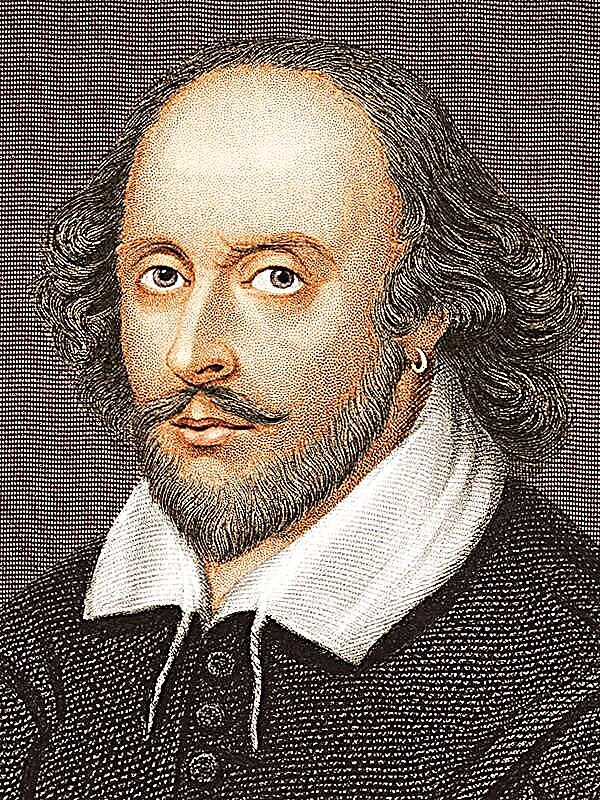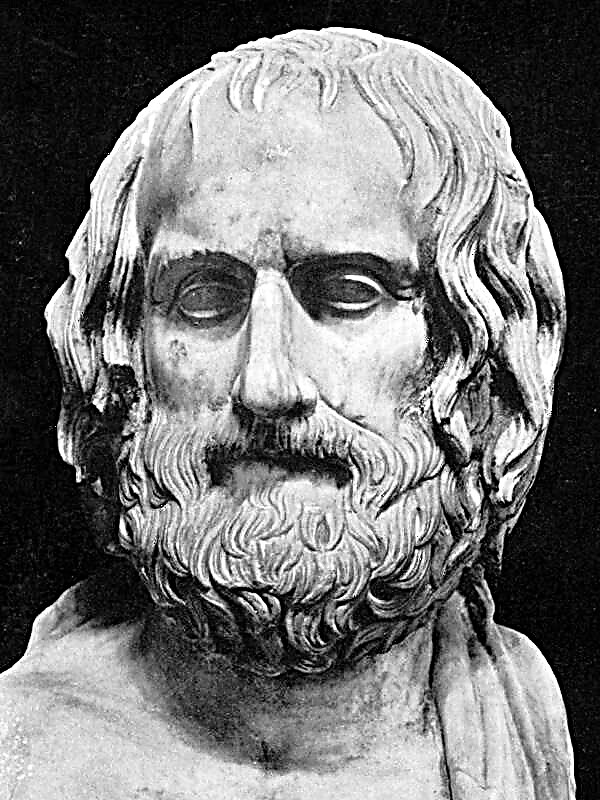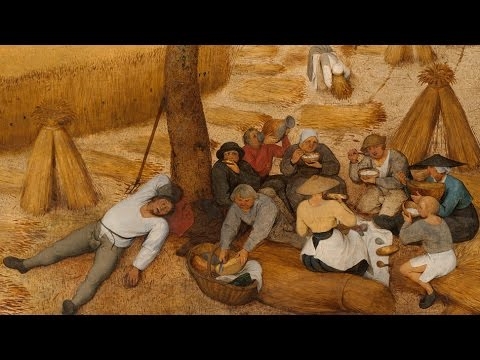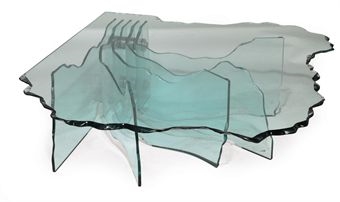The theme of war in literature bears the imprint of bitterness and tragedy. The verses that were combined in this collection will amaze any reader. They were written directly by participants and eyewitnesses of the Great Patriotic War. At the heart of each individual poem is the story of the courageous and selfless struggle of a whole nation with a common enemy that brings pain and death to people from all over the world.
- "Meeting", Vsevolod Bagritsky. The author was the son of the poet Eduard Bagritsky, born in 1922. Vsevolod was seriously ill, he was not allowed to the front, but he defended his right to defend his homeland until January 1942 and achieved his goal. He died in battle on February 26. The poem tells how soldiers meet a woman with a child in her arms. She says that she secretly got out of the trench into the street to show her son the Motherland. To read…
2. “Old huts in my window ...”, Eduard Podarevsky. The author was born in Taganrog in 1919. He wrote poetry from school. In 1942, he will graduate as a mortar worker, after which he received the rank of lieutenant and himself became an instructor with cadets. He went missing in the spring of 1943. The poem is a reflection on the terrifying reality of war. The lyrical hero expresses hope for a return to the once abandoned city, for the restoration of a peaceful life. He encourages comrades to remember about the house, about friends and relatives. To read…
3. “We,” Nikolai Mayorov. Born in 1919 He received a literary and historical higher education, and in the fall of 1941 voluntarily left the capital and went to defend peace, freedom and justice on the battlefield. He died in battle. The poem tells about the fate of the soldiers, about their heroic deeds, about the eternal memory they deserve. To read…
4. Partizanskaya, Valentin Shulchev. Born in 1914. He fought from the first days of the terrible attack, when our troops desperately needed supplies and weapons, were broken by the onslaught of the enemy and retreated. He was captured, fled. In 1942 he was in a partisan detachment in the Kursk region. He died in February 1943, saving a wounded comrade. The poem is a call to take revenge on the enemy of the Fatherland in a fair battle. To read…
5. “If Death Comes Close to Me,” Zakhar Gorodissky. The author was born in Samara on December 12, 1923. Since 1938 he was engaged in literary activities. In July 1941 he went to the front. Quite a young man received a grave injury in July 1943 and died in a hospital, never having reached full age. The poem was written 3 days before the death of the poet. He talks about himself, about courage and the intention to fight to the last breath. To read…
6. Zinka, Julia Drunina. She was born in 1924. In 1941 she was evacuated to Siberia, but after the death of her father, in 1942, she became a nurse on the battlefield. The girl was so stubborn that even after a severe wound she still returned to the front. In 1944 she was shell-shocked. She was awarded the medal "For Courage". She committed suicide in Moscow on November 21, 1991 due to rejection of the changed political situation. In the mentioned poem, Zinka tells Julia about his mother. Time passes, it becomes harder, and after the death of Zinka, Julia with sympathy recalls a lonely old woman. To read…
7. “He did not return from the battle,” Vladimir Vysotsky. Born in 1938, during the war he was evacuated with his mother to a village in the Orenburg region, his father was a military communications officer. In 1945, Vysotsky went to first grade in Moscow. He died in 1980.
The poem tells how a soldier feels painful anguish and suffers from loneliness, because his comrade died. To read…

